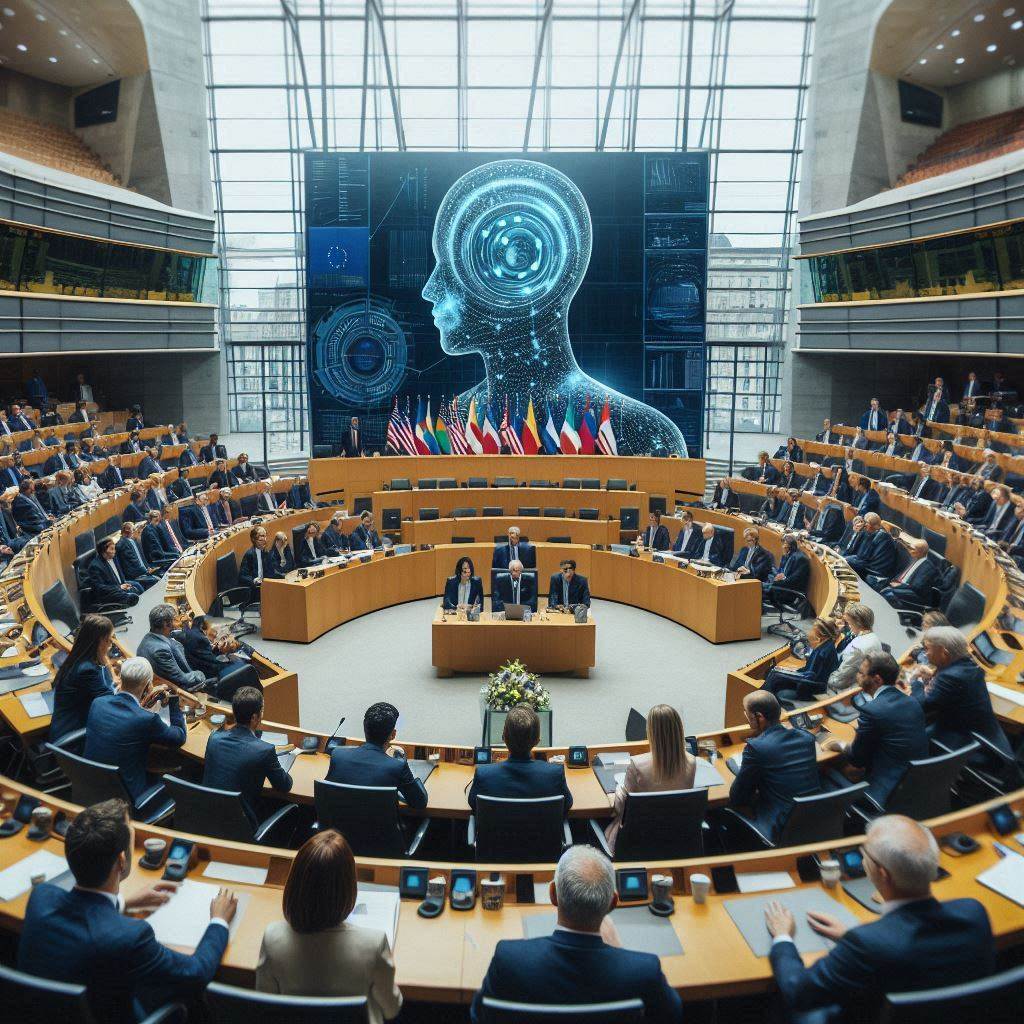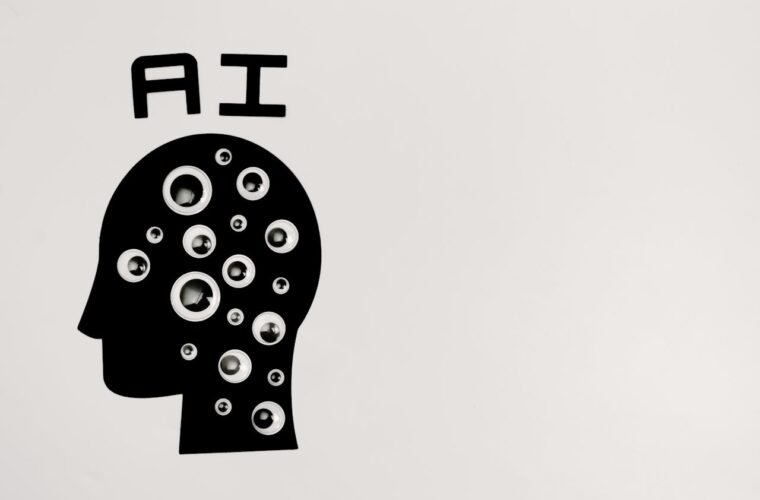There are now many uses of generative artificial intelligence to support parliamentary activity. In the US, the House of Representatives uses an AI tool based on NLP (natural language processing) technology to automate the process of analysing differences between bills, amendments and existing laws, interpreting the citations of provisions described in bills, to retrieve those provisions and carry out the amendment instructions. The tool currently operates at a 90% accuracy level, with human feedback that will progressively improve.
For example, the European Parliament has adopted several tools that use AI to improve efficiency and effectiveness, including chatbots that automate processes in various areas, helping to provide quick and efficient answers to questions. In addition, the European Parliament uses an automated system capable of summarising texts and an editor to provide short summaries, making complex documents easier to understand. The Austrian Parliament, for example, uses EULE Media Monitor/360°Topic-Monitoring, an AI-based solution developed with the aim of providing support to parliamentarians to stay up to date. In fact, EULE, through access to a web platform, allows parliamentarians to have access to accurate and reliable information to perform their function in the best possible way, saving time and resources. The goal is to ensure that they can access, at the right time, relevant data and news.
Data and information management to support parliamentarians
The Digital Sansad system, developed in India, is an innovative tool for Members of Parliament, officials and citizens. Offering a wide range of advanced features, this platform digitises and makes accessible a large number of parliamentary resources, from debates to multimedia galleries. One of the system’s distinctive features is automatic transcription based on artificial intelligence. This technology significantly simplifies documentation and facilitates information search, contributing to greater efficiency in parliamentary operations. In addition, Digital Sansad acts as a bridge between citizens and their representatives, promoting open dialogue through the Constituency Connect feature. In Singapore, a secure platform called Pair has been developed, which harnesses the power of generative artificial intelligence without compromising the security of confidential data. Pair acts as a personalised chatbot for offices, ensuring more reliable and relevant responses through the use of official documentation.
In short, Digital Sansad and platforms like Pair demonstrate how AI is revolutionising parliaments’ operations, making processes more efficient and promoting greater citizen participation.
Relations with citizens
The Brazilian Chamber of Deputies has harnessed the power of artificial intelligence through the Ulysses platform. This intelligent analysis tool leverages machine learning to examine vast documents and data efficiently. Notably, Ulysses streamlines the classification and labelling of new documents within the Chamber’s public web portal, enhancing accessibility for citizens. Since 2018, citizens have been empowered to actively participate in the legislative process by anonymously voting and commenting on specific bills.

Ulysses plays a pivotal role in managing the resulting influx of data, which can reach a substantial volume of up to 30,000 comments per bill. Ulysses employs an analytical machine learning algorithm grounded in natural language processing to analyse this wealth of public opinion. The system meticulously scrutinises sensitive and negative sentiments towards legislative proposals. In essence, integrating AI through the Ulysses platform has revolutionised the Chamber of Deputies, fostering greater transparency, efficiency, and citizen engagement in the legislative process.
Improving the quality and accuracy of both written and video reports
The Estonian Parliament has embraced artificial intelligence by implementing HANS, a system designed to accurately and efficiently transcribe parliamentary sessions. Seamlessly integrated with existing tools, HANS optimizes information exchange and data management within the parliamentary ecosystem. Japan has also incorporated AI into its parliamentary proceedings through an Automatic Speech Recognition (ASR) system. This system accurately transcribes parliamentary speeches, achieving an impressive accuracy rate exceeding 90% by linking the ASR system to an internet video retrieval platform, time-stamped data for parliamentary meetings is generated, facilitating efficient search and retrieval of information.
Furthermore, Japan has pioneered a comprehensive system that combines speech recognition and audiovisual analysis to identify and extract key points from parliamentary debates. This innovative approach enhances the accessibility and understanding of complex discussions for both parliamentarians and the public. Finally, the integration of AI in parliamentary proceedings, as exemplified by Estonia and Japan, is revolutionizing the way legislative bodies operate, improving efficiency, transparency, and accessibility for all stakeholders.
Speeches into text
AI rapidly transforms parliamentary operations, with several countries adopting innovative solutions to enhance efficiency and accessibility. The Netherlands has implemented Speech2Write, an AI-powered system that converts speeches into text and generates written reports. This system, featuring automatic speech recognition and editing capabilities, streamlines the documentation of parliamentary sessions. India’s Digital Sansad app leverages AI for real-time transcription of parliamentary discussions, eliminating the need for manual recording. Brazil’s Ulysses system goes further by indexing live broadcasts and recorded videos to simultaneously identify speakers and transcribe speeches. Bahrain has also embraced AI with voice transcription for parliamentary reports, real-time online video subtitling, and a document search chatbot. These advancements demonstrate the potential of AI to revolutionize parliamentary processes, improving efficiency, transparency, and accessibility for both lawmakers and the public.



